
Kód: 04437216
Philoponus on "Aristotle on the Soul 1.3-5"
Autor P Van Der Eijk
Until the launch of this series over fifteen years ago, the 15,000 volumes of the ancient Greek commentators on Aristotle, written mainly between 200 and 600 AD, constituted the largest corpus of extant Greek philosophical writing ... celý popis
- Jazyk:
 Angličtina
Angličtina - Väzba: Pevná
- Počet strán: 240
Nakladateľ: Bloomsbury Publishing, 2006
- Viac informácií o knihe

191.41 €
Dostupnosť:
50 % šanca Máme informáciu, že by titul mohol byť dostupný. Na základe vašej objednávky sa ho pokúsime do 6 týždňov zabezpečiť.
Máme informáciu, že by titul mohol byť dostupný. Na základe vašej objednávky sa ho pokúsime do 6 týždňov zabezpečiť.Prehľadáme celý svet
Mohlo by sa vám tiež páčiť
Darujte túto knihu ešte dnes
- Objednajte knihu a vyberte Zaslať ako darček.
- Obratom obdržíte darovací poukaz na knihu, ktorý môžete ihneď odovzdať obdarovanému.
- Knihu zašleme na adresu obdarovaného, o nič sa nestaráte.
Informovať o naskladnení knihy
Zadajte do formulára e-mailovú adresu a akonáhle knihu naskladníme, zašleme vám o tom správu. Postrážime všetko za vás.
Viac informácií o knihe Philoponus on "Aristotle on the Soul 1.3-5"
Nákupom získate 477 bodov
 Anotácia knihy
Anotácia knihy
Until the launch of this series over fifteen years ago, the 15,000 volumes of the ancient Greek commentators on Aristotle, written mainly between 200 and 600 AD, constituted the largest corpus of extant Greek philosophical writings not translated into English or other European languages. Over 40 volumes have now appeared in the series, which is planned in some 80 volumes altogether. This text by Philoponus rejects accounts of soul, or as we would say of mind, which define it as moving, as cognitive, or in physical terms. Chapter 3 considers Aristotle's attack on the idea that the soul is in motion. This was an attack partly on his teacher, Plato, since Plato defines the soul as self-moving. Philoponus agrees with Aristotle's attack on the idea that a thing must be in motion in order to cause motion. But he offers what may be Ammonius' interpretation of Plato's apparently physicalistic account of the soul in the Timaeus as symbolic. What we would call the mind-body relation is the subject of Chapter 4. Plato and Aristotle attacked a physicalistic theory of soul, which suggested it was the blend, ratio, or harmonious proportion of ingredients in the body. Philoponus attacked the theory too, but we learn from him that Epicurus had defended it. In Chapter 5, Philoponus endorses Aristotle's rejection of the idea that the soul is particles and of Empedocles' idea that the soul must be made of all four elements in order to know what is made of the same elements. He also rejects, with Aristotle, definitions of the soul as moving or cognitive as ignoring lower forms of life. He finally discusses Aristotle's rejection of Plato's localisation of parts of the soul in parts of the body, but asks if new knowledge of the brain and the nerves do not require some kind of localisation.
 Parametre knihy
Parametre knihy
Zaradenie knihy Knihy po anglicky Humanities Philosophy History of Western philosophy
191.41 €
- Celý názov: Philoponus on "Aristotle on the Soul 1.3-5"
- Autor: P Van Der Eijk
- Jazyk:
 Angličtina
Angličtina - Väzba: Pevná
- Počet strán: 240
- EAN: 9780715633076
- ISBN: 0715633074
- ID: 04437216
- Nakladateľ: Bloomsbury Publishing
- Hmotnosť: 496 g
- Rozmery: 241 × 163 × 23 mm
- Dátum vydania: 29. June 2006
Obľúbené z iného súdka
-

Meditations
10.24 € -17 % -

The Myth of Sisyphus
8 € -

Aphorisms on Love and Hate
3.54 € -24 % -

Leviathan
9.53 € -15 % -

The Farther Reaches of Human Nature
16.42 € -9 % -
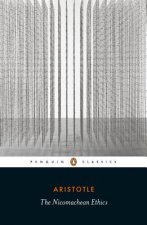
Nicomachean Ethics
11.96 € -16 % -
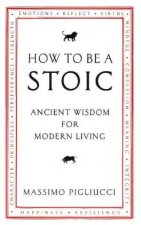
How To Be A Stoic
15.71 € -24 % -

Human, All Too Human
12.26 € -15 % -

Queer Phenomenology
27.28 € -7 % -
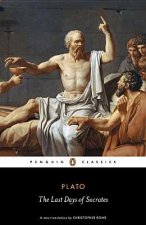
Last Days of Socrates
10.34 € -28 % -
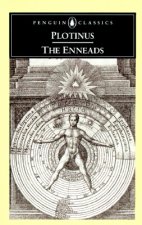
Enneads
15.31 € -28 % -

Meditations
9.02 € -
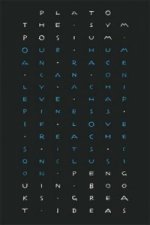
The Symposium
8 € -18 % -

Nature, Man And Woman
13.38 € -22 % -
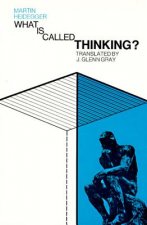
What is Called Thinking?
12.26 € -29 % -
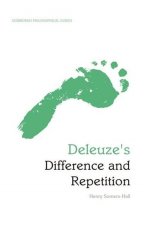
Deleuze's Difference and Repetition
26.97 € -

Neganthropocene
31.94 € -
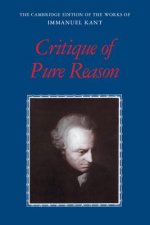
Critique of Pure Reason
47.67 € -11 % -
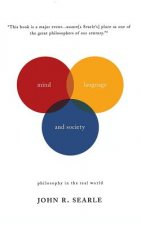
Mind, Language And Society
23.52 € -
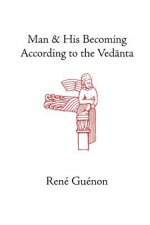
Man and His Becoming According to the Vedanta
19.67 € -
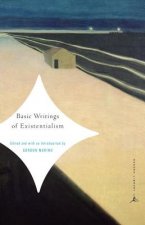
Basic Writings of Existentialism
16.83 € -20 % -
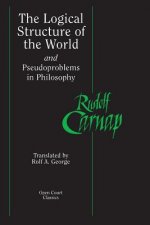
Logical Structure of the World and Pseudoproblems in Philosophy
33.06 € -18 % -

Russian Thinkers
11.35 € -28 % -

Discourse on Political Economy and The Social Contract
9.12 € -19 % -

Twilight of the Idols
10.13 € -22 % -
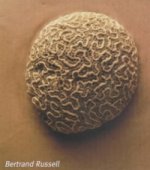
Problems of Philosophy
10.34 € -28 % -
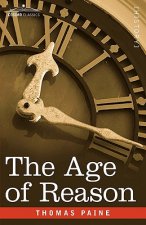
Age of Reason
13.68 € -

Be Like the Fox
12.97 € -18 % -

Meditations
20.08 € -20 % -

Why I Am so Clever
3.95 € -15 % -

Letters from a Stoic
12.37 € -14 % -

Myth of Sisyphus
11.96 € -17 % -

Meditations
16.32 € -17 % -

Discourses and Selected Writings
10.95 € -23 % -

Beyond Good and Evil
12.06 € -16 % -

Either/Or
19.37 € -

Existentialism Is a Humanism
8.11 € -28 % -

Simulacra and Simulation
18.86 € -17 % -

At The Existentialist Cafe
12.77 € -

The Trouble With Being Born
11.86 € -26 % -

Ride the Tiger
19.26 € -26 % -

Think
12.26 € -22 % -

Spell of the Sensuous
17.13 € -11 % -
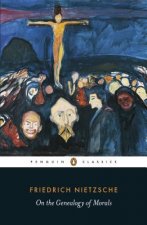
On the Genealogy of Morals
11.15 € -16 % -

The Symposium
9.32 € -24 % -

Thus Spoke Zarathustra
9.42 € -29 % -

Twilight of the Idols with The Antichrist and Ecce Homo
5.47 € -26 % -

Ecce Homo
9.32 € -28 % -

Human, All Too Human & Beyond Good and Evil
5.87 € -21 %
Osobný odber Bratislava a 2642 dalších
Copyright ©2008-24 najlacnejsie-knihy.sk Všetky práva vyhradenéSúkromieCookies



 21 miliónov titulov
21 miliónov titulov Vrátenie do mesiaca
Vrátenie do mesiaca 02/210 210 99 (8-15.30h)
02/210 210 99 (8-15.30h)